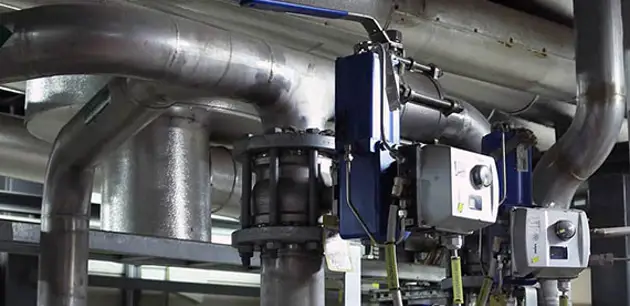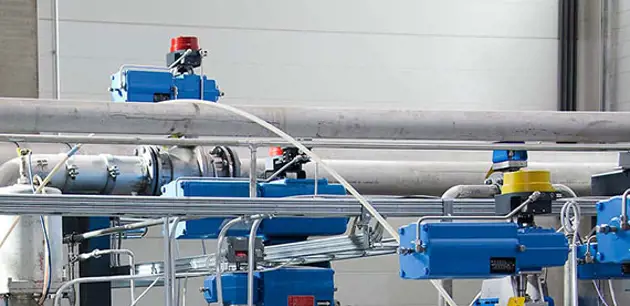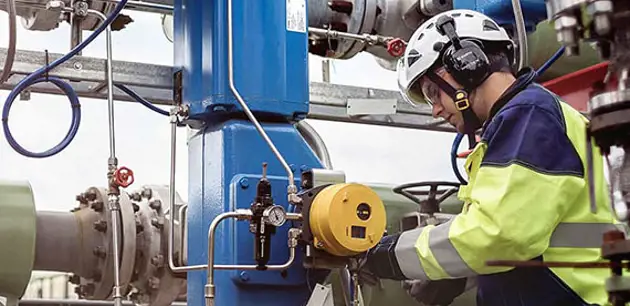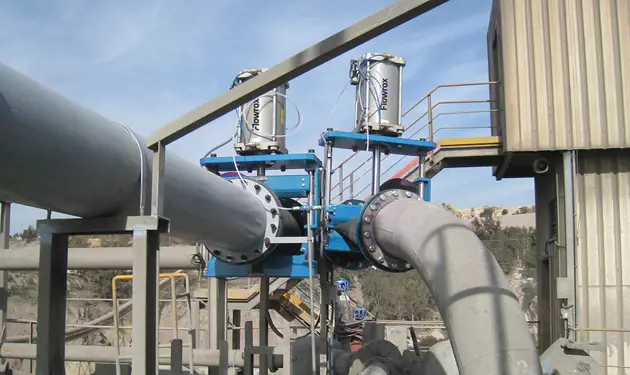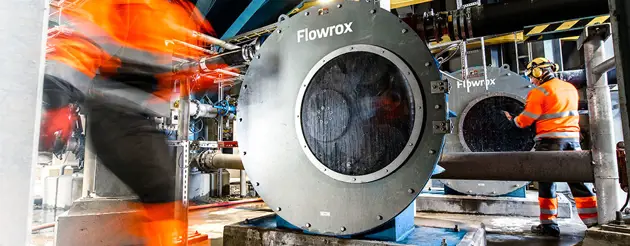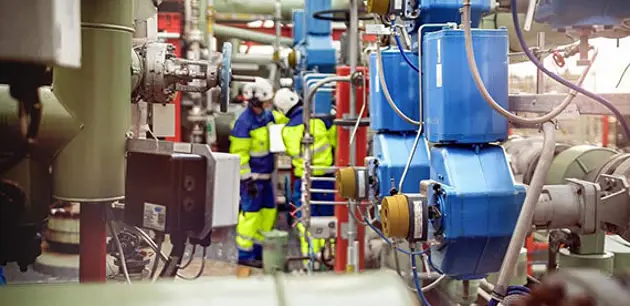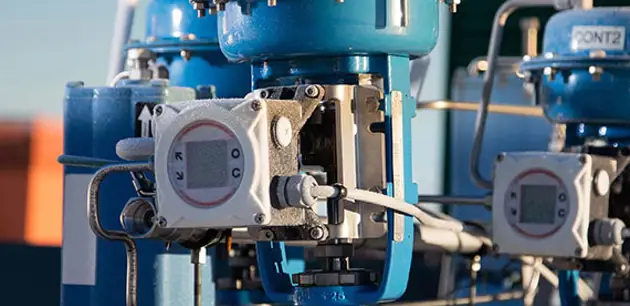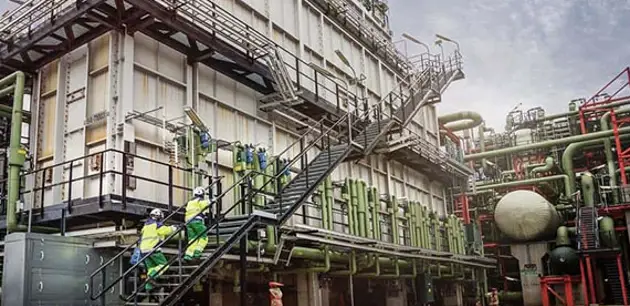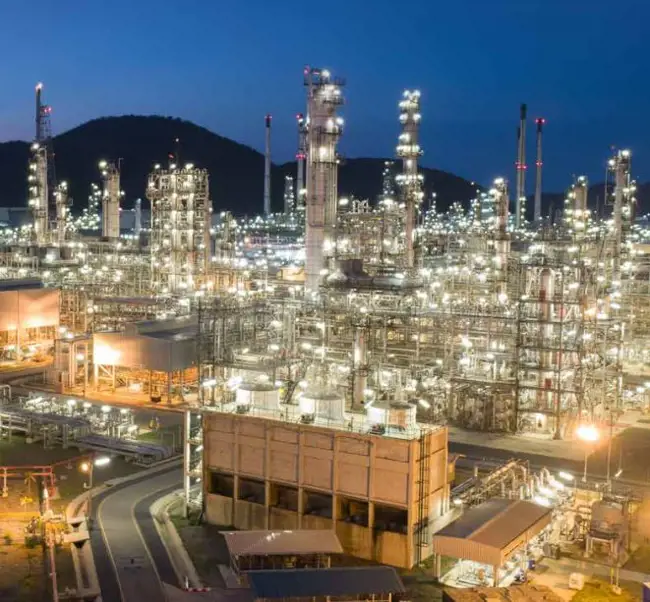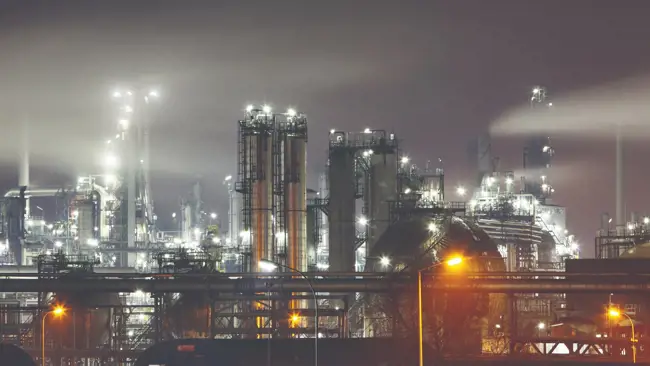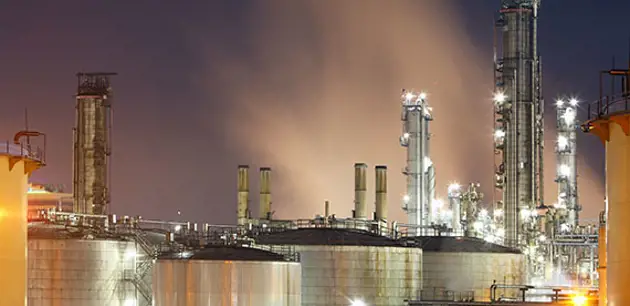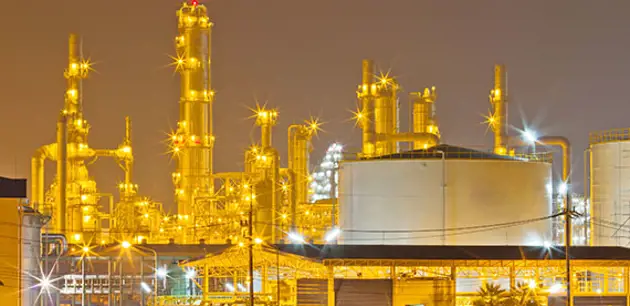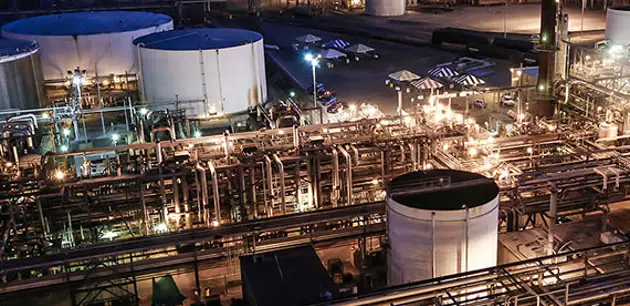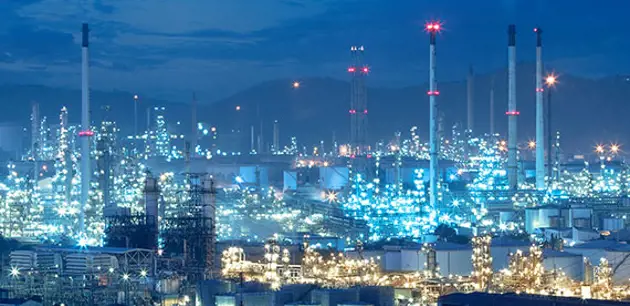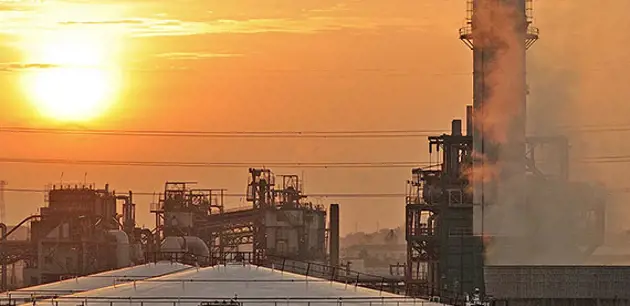Flow control for continuous catalytic reforming
Improving reliability and productivity of your process

The catalytic reformer is central to refinery operations and success. The advent of continuous catalyst regeneration has made a constant, non-declining yield achievable but only under the right operating conditions.
Reliability
Predictive maintenance reduces cost and increases performance
Maximize process uptime
Compliance with the toughest requirements
Reliable valves and services for continuous catalytic reforming
Controlling octane and aromatic compound levels
Many diverse challenges threaten CCR efficiency throughout the various process segments: catalyst addition and removal, chloride injection, and lock hopper blocking and venting.
High operating temperatures, abrasive medium, frequent cycling, and solids are all challenges that can affect valve performance and lifecycle if valves are not specified correctly. There is zero tolerance for error with respect to valve metallurgy and overall ball design. Minor valve design errors will compromise the spherical catalyst integrity, while big mistakes can result in catastrophic failure.
In addition to harsh process conditions, operators are increasing runtimes of CCR units. This, along with the high cycle rate of the process puts considerable stress on the valve, which must continually operate with a high degree of accuracy over longer periods.
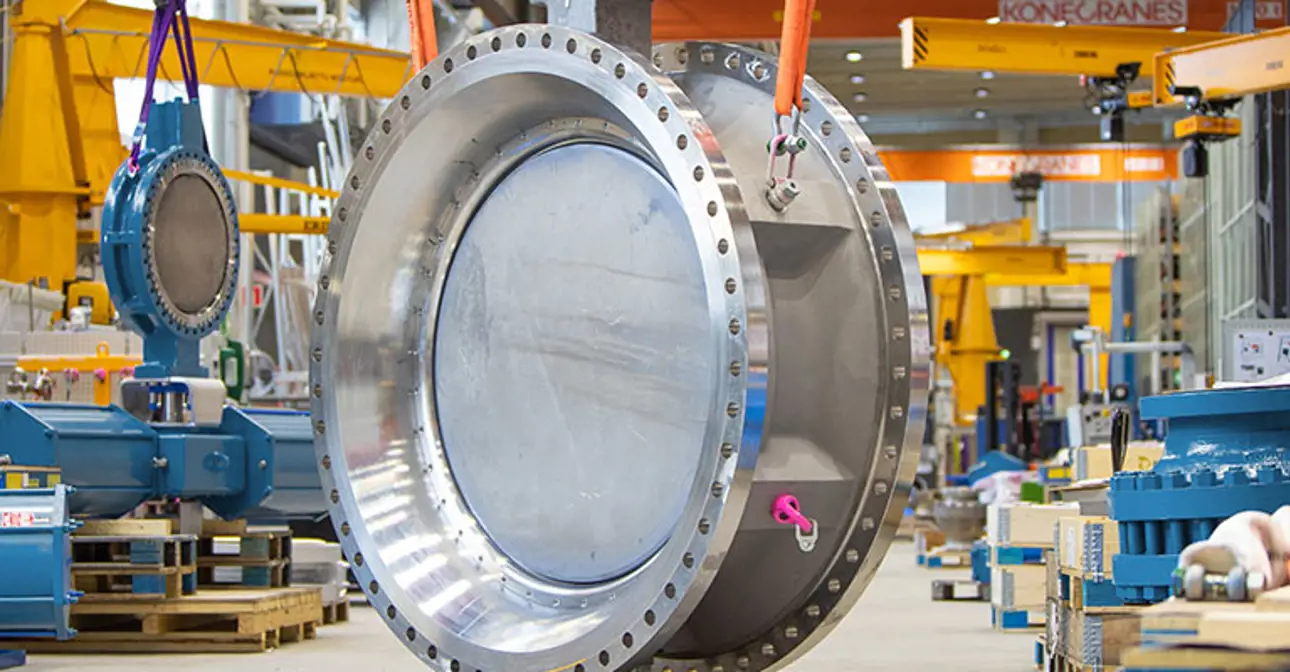
The UOP preferred solution
Years of extensive experience and considerable research and development investment, along with proven valve performance has made Valmet a leader in the industry. So it comes as no surprise that UOP often use our products as they define flow parameters as they have done for their CCR process.
Valmet's valve assemblies for CCR are all designed to meet UOP Specification 671. They handle extreme temperature swings and highly corrosive media, including chlorides, by using materials, coatings and seat designs specifically engineered to resist abrasion and potential issues related to asynchronous thermal expansion.
In addition to providing valves for these severe applications, Valmet also supplies a host of general-purpose products, complied with smart technologies, for use in CCR applications. Either way, severe or general-purpose, Valmet will deliver the best safety outcomes with the reliability and accuracy to boost overall process efficiency
Purpose-built to outperform
Many diverse challenges threaten CCR efficiency throughout the various process segments: catalyst addition and removal, chloride injection, and lock hopper blocking and venting.
High operating temperatures, abrasive medium, frequent cycling, and solids are all challenges that can affect valve performance and lifecycle if valves are not specified correctly. There is zero tolerance for error with respect to valve metallurgy and overall ball design. Minor valve design errors will compromise the spherical catalyst integrity, while big mistakes can result in catastrophic failure.
In addition to harsh process conditions, operators are increasing runtimes of CCR units. This, along with the high cycle rate of the process puts considerable stress on the valve, which must continually operate with a high degree of accuracy over longer periods.
Downloads
Flow control solutions and services for continuous catalytic reforming
Read more about our solutions for refining
